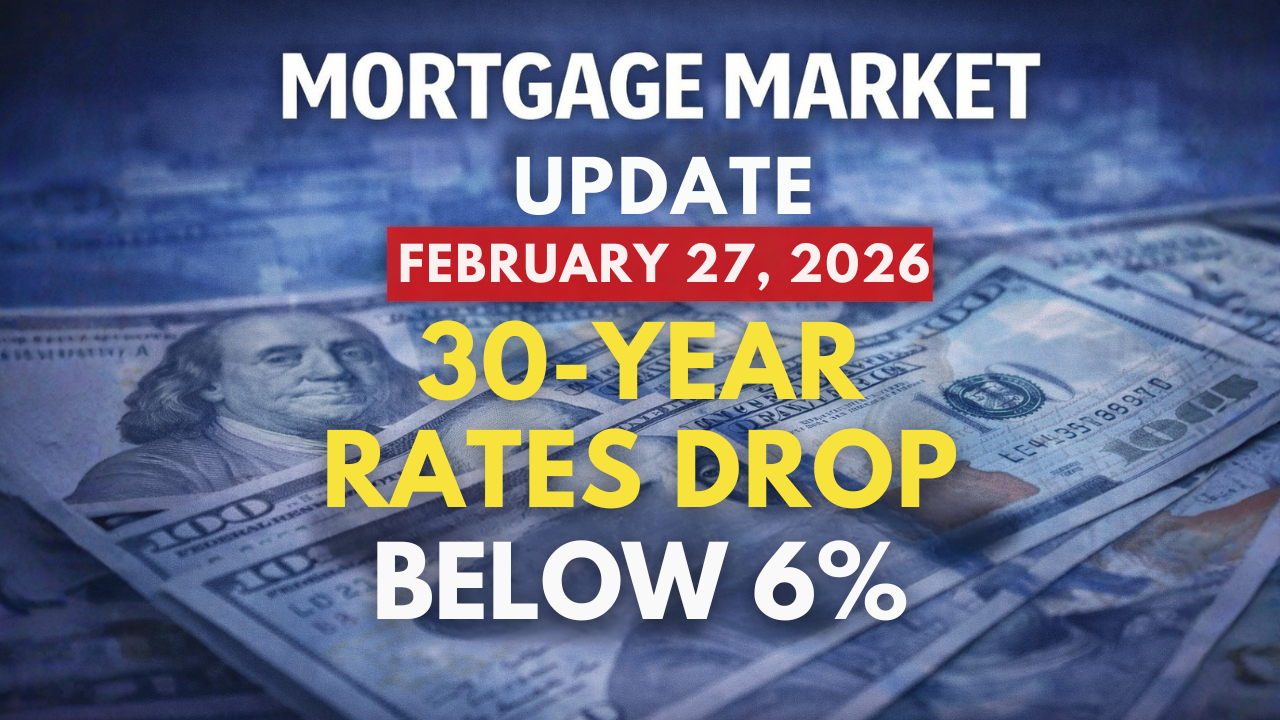Understanding Mortgage Points: Are They Right for You?
When securing a mortgage, deciding whether to pay mortgage points can feel overwhelming. Mortgage points, also known as discount points, allow you to pay an upfront fee to lower your interest rate. But are they worth the cost? Let’s explore what mortgage points are, how they work, and when they make sense.
What Are Mortgage Points?
Mortgage points are fees paid upfront to reduce your loan’s interest rate. Typically, one mortgage point equals 1% of the loan amount. For example, if you have a $300,000 loan, one point will cost you $3,000. In exchange, you lower your interest rate—usually by 0.25% for every point purchased.
How Mortgage Points Work
Let’s break it down with an example:
- On a $300,000 loan at 6% interest, your monthly payment is $1,799.
- If you pay one point ($3,000) and reduce your interest rate to 5.75%, your new payment is $1,751, saving you $48 a month.
This is a small reduction each month, but over the loan’s life, the savings can add up—assuming you stay in the home long enough.
Calculating the Break-Even Point
The key to determining whether paying mortgage points makes sense is calculating the break-even point. This is the point at which your upfront costs (the points) are covered by your monthly savings. Using the example above, if you paid $3,000 to save $48 a month, you would break even in 62.5 months, or just over five years. If you plan to stay in the home longer than five years, buying points makes sense. If not, the upfront cost outweighs the savings.
Points on Sale: When They Make More Sense
Sometimes, paying points results in a bigger reduction in your interest rate than the standard 0.25%. For example, if one point lowers your rate by 0.375%, your payment might drop even more significantly. In this case, the break-even period is shortened, making it a better deal.
Imagine a scenario where your rate drops from 6% to 5.625% by paying one point. Your payment reduces to $1,727, saving you $72 a month. The break-even point would now be just 42 months, or a little over three years. If you plan to stay in the home longer than that, this becomes a more compelling deal.
When Mortgage Points Don’t Make Sense
While points can be a great way to lower your interest rate, they don’t always make sense for every borrower. If you plan to move or refinance within a few years, the upfront cost may not be worth it. Additionally, if the point you buy only reduces your rate slightly—say by 0.125%—it may take many years to break even.
For example, if you’re a military family planning to relocate in two years, paying points likely won’t benefit you. Similarly, if you’re unsure about your long-term plans for the home, it’s important to weigh the risks of paying upfront for long-term savings.
Refinance vs. Purchase: Different Considerations
If you’re refinancing your mortgage, you’ve already decided on your home and are looking for the best rate possible. Paying points may still make sense, depending on how long you plan to stay in the house. On the other hand, if you’re purchasing a home, the decision involves more factors. You need to weigh how much you can afford upfront and how much you’ll save in the long run by reducing your interest rate.
The Bottom Line
Mortgage points can be a powerful tool to reduce your interest rate and save money over the life of your loan. However, it’s essential to do the math, understand the break-even point, and consider how long you plan to stay in the home. If you’re planning to stay in your home for an extended period, points can result in substantial savings. But if you’re planning to move or refinance soon, it might not be the best option.
At Morgan Financial, we’re here to guide you through these decisions. Our loan officers work with clients daily to help them find the right mortgage solution. If you’re considering paying points or have questions about your mortgage, contact us today for expert advice.
Looking for even more ways to save? Contact us at Morgan Financial to discuss your mortgage options, whether you’re buying, refinancing, or just curious about your next steps in this evolving market!
Reach out now to get started on securing the home of your dreams or refinancing to save more on your current mortgage.





